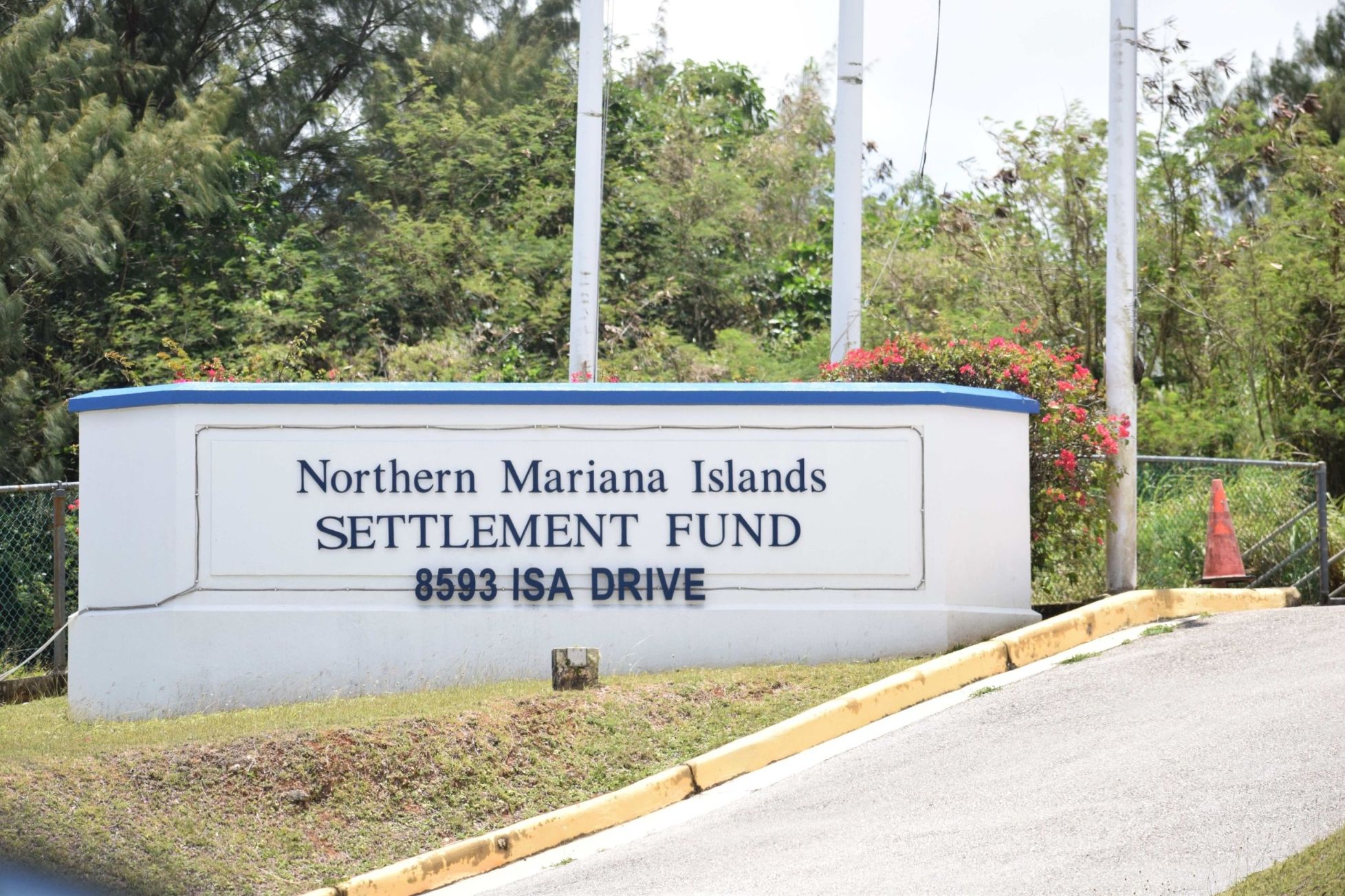The Fund’s portfolio in the U.S. and international stock markets plunged by $30 million to $418 million during recent weeks as the nation’s economy tumbled.
“The financial impact of the crisis that is being sustained in the U.S. stock market has impacted us very negatively,” Guerrero said. “One day, we lost a little bit over $30 million. Two days later, we’re back up with $9 million.”
A businessman, Guerrero believes the Bush administration’s proposed $700 billion bailout plan will push through.
“You see the federal government is trying to infuse (money) to leverage the crisis,” he said. “I don’t think the federal government would just allow the market to continue to deteriorate. I think the federal government is taking appropriate steps not just to correct the deficiencies but is also putting money on the other side because that’s necessary right now.”
The Fund at the same time does not want to withdraw more money from its stock investments to cover the shortfall for retirees’ pension in the wake of the CNMI government’s failure to pay premiums on time.
Guerrero said selling stocks is also not good because prices are down.
The Fund will tap its other investments for now, he added.
“Overall, we have withdrawn over $38 million for pension payment. We concluded that we will not draw anymore money other than what’s already been withdrawn. We have some cash reserve from liquidations or CDs that matured. So for September, we’re only drawing a little bit over $800,000 to meet the pension obligation,” Guerrero said.
During a board meeting last week, Fund investment director Richard Villagomez reported that their assets had steadily declined since 2006 after the Fitial administration enacted a law allowing the central government to suspend its pension contribution payments for fiscal years 2006 and 2007.
Merrill Lynch, which is being acquired by the Bank of America, is the Fund’s principal investment consultant.
Guerrero said their contract with Merrill Lynch is open-ended but the board has no plans to replace it despite the financial institution’s admission of troubles.










